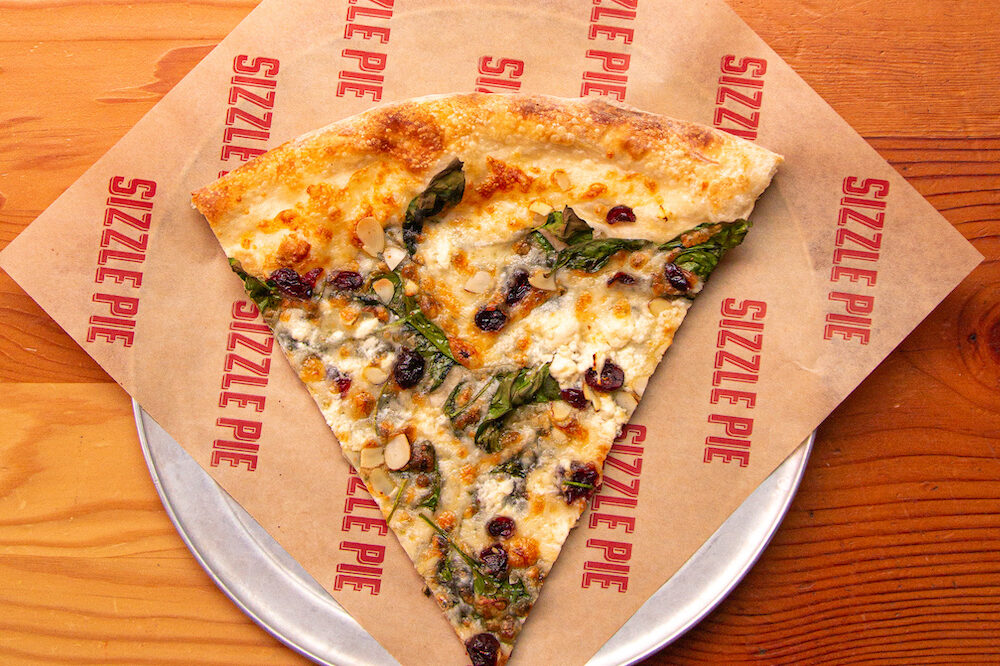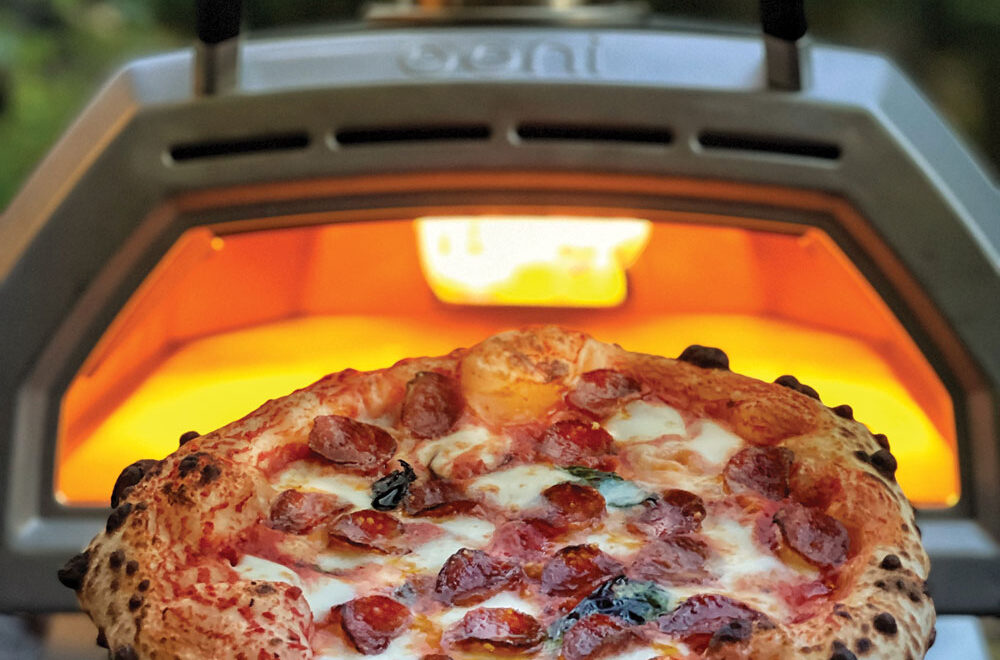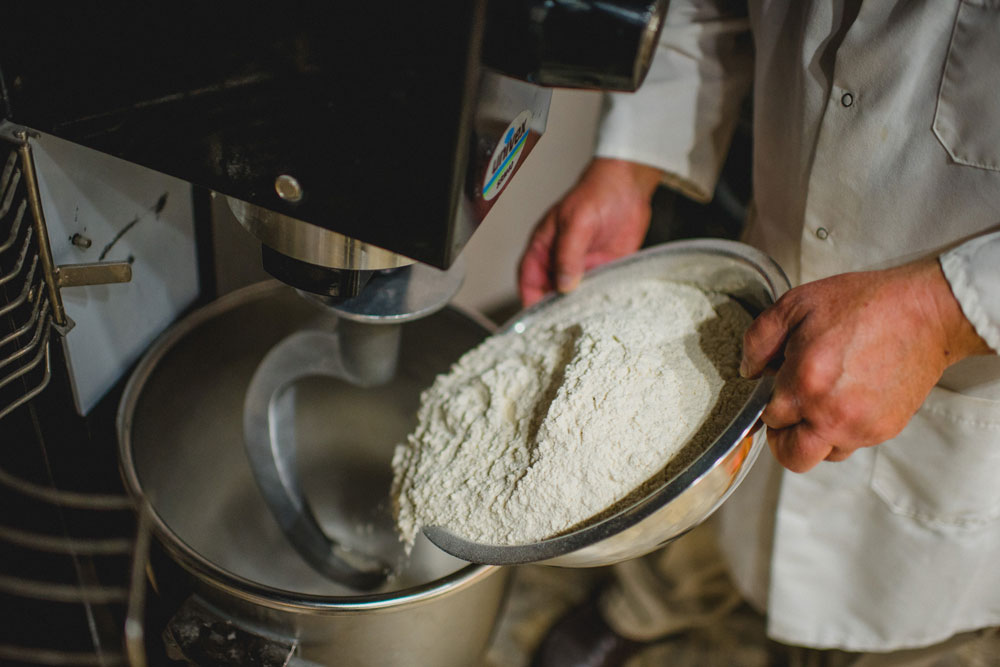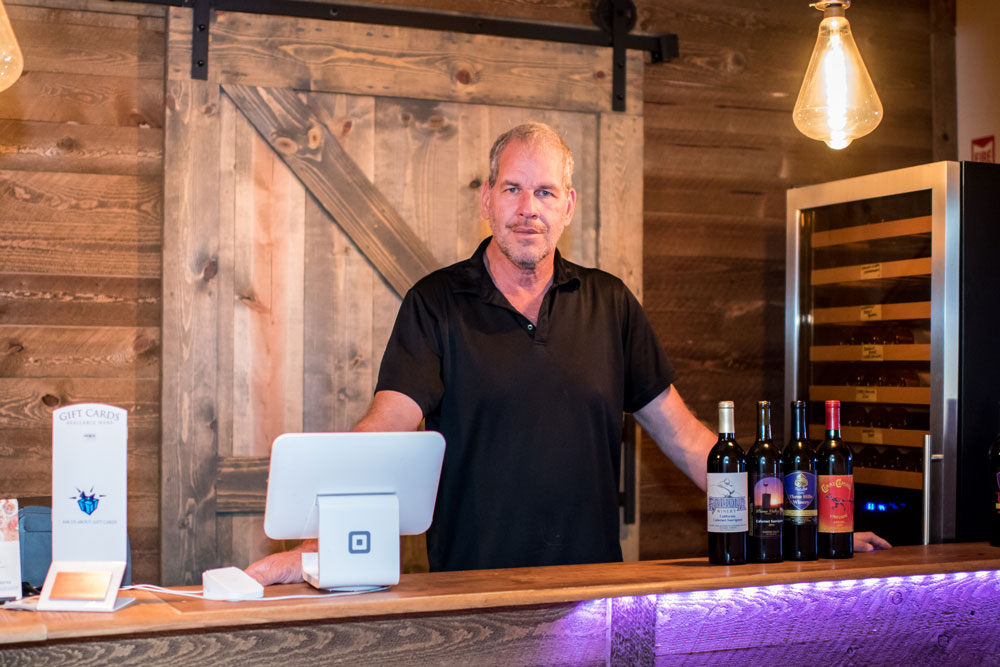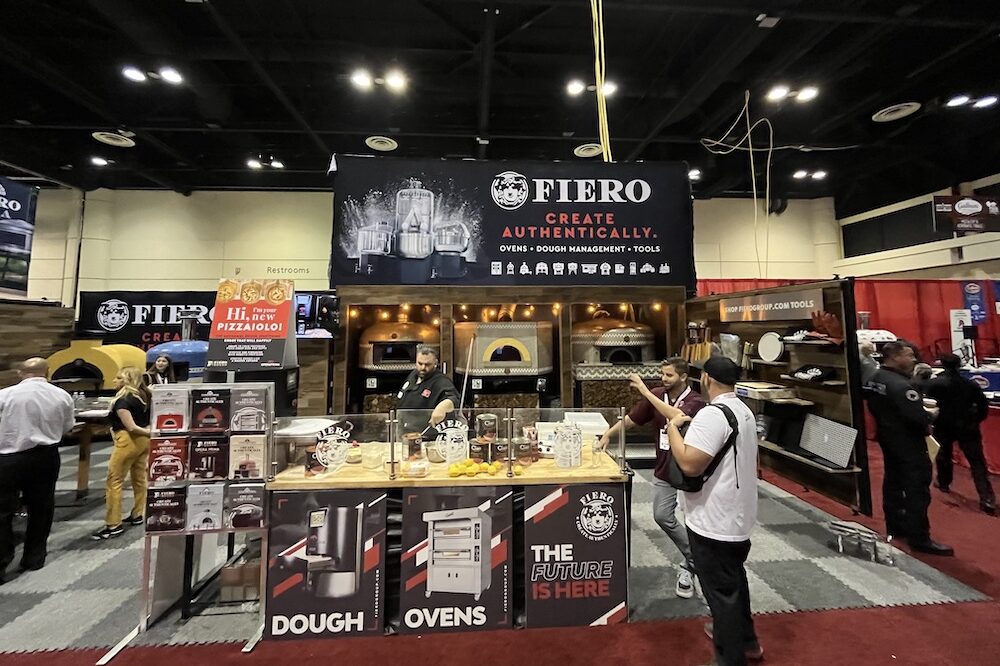 As a pizzeria owner, your focal-point appliance will likely always be an oven. But if your pizzeria offers fried foods, you should also do a little research when searching for a new deep fryer to find out what’s best for your operation. After all, the check you write today may buy an appliance that will keep you serving up fried delicacies for decades. When making this investment, it’s important to think of the top three considerations: available space, cost savings and safety.
As a pizzeria owner, your focal-point appliance will likely always be an oven. But if your pizzeria offers fried foods, you should also do a little research when searching for a new deep fryer to find out what’s best for your operation. After all, the check you write today may buy an appliance that will keep you serving up fried delicacies for decades. When making this investment, it’s important to think of the top three considerations: available space, cost savings and safety.
The Right Fit
The type of fryer you buy will depend on a variety of factors, and your kitchen space trumps them all. However, if you’re remodeling and looking to upgrade your appliances, you may choose to switch to a gas or electric fryer after evaluating your utility costs, says Linda Brugler, operational marketing director for Frymaster, a manufacturer in Shreveport, Louisiana. “Gas used to be so much cheaper, but now that’s not always the case,” she says. Brugler also notes that many operators fi nd electric appealing because it can be accommodated in a variety of spaces. “With an electric fryer, there’s no excess gas or a flu, and it can even keep the kitchen cooler; about 80% of all energy goes to heating the oil.”
A lack of hood space was influential when Paul Merdasie, owner of Claysburg Pizza (claysburgpizza.com) in Claysburg, Pennsylvania, decided to purchase a used electric fryer in 2006. “We didn’t have much room, and the expense of a hood would have been way too high,” Merdasie recalls. Four years later, he’s still serving up fried appetizers and is satisfied with his decision. His advice: Talk to noncompetitive operators who have a similar kitchen setup. “We chose our particular model because we knew other people who were pleased with their purchase,” he says.
Long-Term Savings
While frying oil may not seem like an expensive commodity, it’s an expense that adds up over time and can reach thousands of dollars, depending on your menu. Heavily battered and breaded foods make oil filtration a necessity if you want to save money long-term. Jeff Volker, owner of D.G. Sullivan’s Family Pub in Gibson City, Illinois, specializes in pizza as well as bar food such as fish and chips. When he inherited two gas-powered fryers last March, the need for a new filtration system quickly became apparent—he sometimes replaced more than 20 gallons of fryer oil per week. “We do a lot of heavy breading,” he points out, “and, needless to say, I’m all about cost savings.”
 Traditionally, operators have simply replaced or drained their oils through a hose and a floor filter, but newer fryers and filter technology can make the ordeal less time-consuming and can significantly extend the life of your cooking oil. Brugler points out that many new models come with built-in filtration systems, which can save time and help achieve maximum oil life. However, other products can help those without this technology. External filtration systems, which can be immersed in your frying oil, are great for fryers with or without an existing internal filtering system, says Michael Kempf, director of SYS System filtration. “The basic advantage is, there’s no need to drain the oil,” he says. “When used without or in addition to an existing filter system, you can extend the life of your oil by 30% to 50%.” Kempf notes an immersion system can filter the oil up to eight times in four minutes. Many filters remove food particles as small as 20 microns in size, and the latest filters can weed out particles as small as 5 microns in size. “Food particles are responsible for the degradation of oil,” Kempf points out.
Traditionally, operators have simply replaced or drained their oils through a hose and a floor filter, but newer fryers and filter technology can make the ordeal less time-consuming and can significantly extend the life of your cooking oil. Brugler points out that many new models come with built-in filtration systems, which can save time and help achieve maximum oil life. However, other products can help those without this technology. External filtration systems, which can be immersed in your frying oil, are great for fryers with or without an existing internal filtering system, says Michael Kempf, director of SYS System filtration. “The basic advantage is, there’s no need to drain the oil,” he says. “When used without or in addition to an existing filter system, you can extend the life of your oil by 30% to 50%.” Kempf notes an immersion system can filter the oil up to eight times in four minutes. Many filters remove food particles as small as 20 microns in size, and the latest filters can weed out particles as small as 5 microns in size. “Food particles are responsible for the degradation of oil,” Kempf points out.
Regular cleaning will also help you get the most life out of your machine. While you should fi lter your oil daily—maybe even twice a day if you’re cooking a high volume of battered and/or breaded foods—your machine should be cleaned every time you change your oil to keep your equipment in working order. Fry pots and internal filters are the most important parts to keep clean. Brugler recommends what she calls a “boil out,” where the fryer is filled with oil and an industrial cleaner and then allowed to clean itself, and she points out that Energy Star-certified equipment can lead to lower utility bills as well.
Safety First
 Any fry cook may get the occasional burn, but certain safety measures can help avoid even these little mishaps. Foremost is training. As Volker notes, no one in his five-man kitchen touches the fryer without proper operational knowledge. Mark Cilibrasi, marketing manager for Autofry, a manufacturer in Northborough, Massachusetts, points out that certain features, such as flaps that cover the oil pots at all times and an internal fire extinguisher, can be effective safety measures. “In the instance someone turns the fryer on without oil, these systems protect your employees if a fire starts,” he explains. Merdasie uses fully enclosed fryers in his kitchen and has yet to have any serious problems; this safety feature even cuts down on his insurance costs. “The only time we see the oil is when we filter it!” he laughs.
Any fry cook may get the occasional burn, but certain safety measures can help avoid even these little mishaps. Foremost is training. As Volker notes, no one in his five-man kitchen touches the fryer without proper operational knowledge. Mark Cilibrasi, marketing manager for Autofry, a manufacturer in Northborough, Massachusetts, points out that certain features, such as flaps that cover the oil pots at all times and an internal fire extinguisher, can be effective safety measures. “In the instance someone turns the fryer on without oil, these systems protect your employees if a fire starts,” he explains. Merdasie uses fully enclosed fryers in his kitchen and has yet to have any serious problems; this safety feature even cuts down on his insurance costs. “The only time we see the oil is when we filter it!” he laughs.
Cilibrasi and Brugler both point out it’s important to ask your manufacturer about features such as censors that can cut off the machine at certain temperatures, and safety valves on filter pans for fryers with built-in filtration. “There are even fryers on the market right now with automatic-fill features,” Brugler says. “Anytime you can avoid handling oil, it’s a good thing.”
Quality fryers can last for decades when properly cared for, and the latest technology has made maintenance and operation even easier for today’s kitchen staffs. Don’t make any purchases before understanding your space and discussing your options with manufacturer to save room and possibly money on your utility bills. Even if you still depend on an older deep fryer model, you can still benefit from filtration technology that can help cut down on your oil bill for years to come—especially if you fry heavily battered foods. Functionality and sustainability aside, explore available safety features to prevent kitchen accidents. Both manufacturers and operators agree it’s better to spend more money on the front end so you don’t have to spend years paying for excess oil and frequent repairs.



